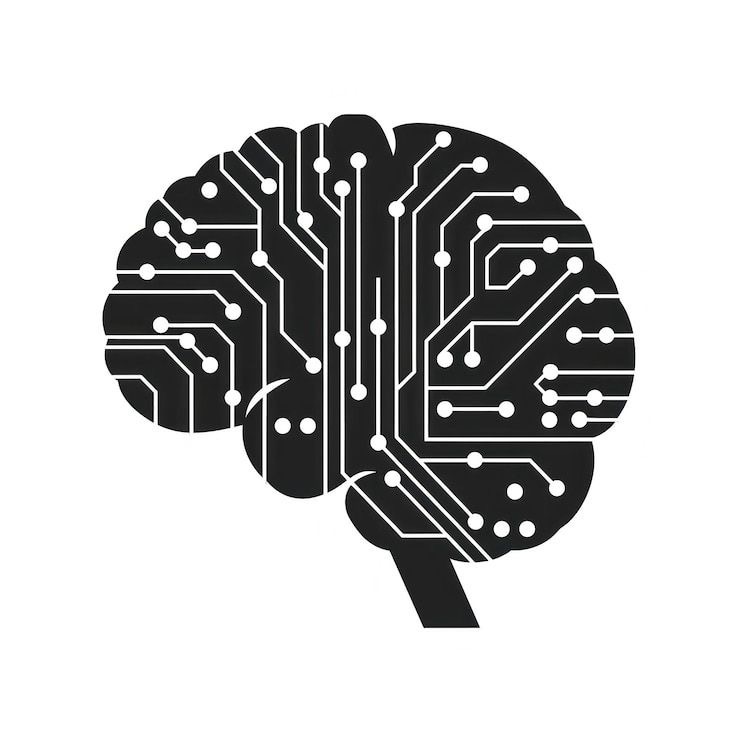
The Future of Work: How AI Is Transforming Global Employment
The world stands at the threshold of a transformation unlike any seen before in the history of labour. Artificial Intelligence (AI) is no longer a distant technological dream—it is the driving force behind a global economic revolution that is redefining not only how we work but what it means to work at all. Across continents, machines are learning faster, decisions are being automated, and the boundaries between human intelligence and algorithmic precision are fading. Yet behind this extraordinary progress lies a complex reality: one of opportunity and disruption, innovation and inequality. As AI continues to advance, the question confronting humanity is no longer whether jobs will change, but how societies can adapt with fairness, dignity, and foresight.
According to the United Nations Conference on Trade and Development (UNCTAD), artificial intelligence could affect up to 40 percent of jobs worldwide within the next decade. This does not necessarily imply a surge in global unemployment but rather a transformation in the nature of work itself. A vast portion of the global labour force will face changes in their daily responsibilities as automation accelerates across sectors. UNCTAD further projects that by 2033, the global AI market will reach an estimated US$4.8 trillion, equivalent in scale to the current economy of Germany. Such figures reveal that AI will not remain an isolated innovation—it will become a central pillar of the world economy.
However, UNCTAD warns that this transformation is profoundly unequal. Advanced economies, with their higher dependence on knowledge-based industries, face greater exposure to automation. Meanwhile, developing countries—especially those in Asia, Africa, and Latin America—remain far more vulnerable to the secondary effects of exclusion, underinvestment, and structural inequality. UNCTAD has issued a stark reminder: “Without inclusive governance and investment, AI may deepen the technological divide rather than close it.” The organization also notes that 118 countries, mostly low- and middle-income nations, are currently excluded from global discussions on AI regulation and ethics, leaving billions of workers without representation in shaping the future of technology.
The social impact of this imbalance is also evident in the gender dimension of AI’s disruption. The International Labour Organization (ILO) reports that women are disproportionately represented in occupations most vulnerable to automation. In high-income nations, 9.6 percent of female employment lies in positions at high risk of transformation through generative AI—nearly three times the share for men. Globally, 4.7 percent of women’s jobs fall into these high-risk categories, compared with 2.4 percent for men. The ILO warns that “if current inequalities persist, AI could magnify them, eroding progress toward gender parity in labour markets.” This finding underscores that the AI revolution is not gender-neutral—it is shaped by existing social and economic imbalances that demand urgent policy attention.
The United Nations emphasizes that the immediate threat of AI is not the elimination of jobs but the transformation of them. While certain roles—particularly administrative and routine tasks—are likely to diminish, many others will evolve or expand in scope. Professions that rely on empathy, ethical judgment, creativity, and critical thinking will remain deeply human, even as they integrate digital tools. According to the UN Office at Geneva (UNOG), “The real risk lies not in job extinction but in unpreparedness. The challenge is to ensure that workers transition with dignity and opportunity.” This statement reflects a broader UN consensus: technology must serve humanity, not replace it.
Reskilling and upskilling have thus become urgent global imperatives. The ILO urges governments and private sectors to invest heavily in education, lifelong learning, and technical training aligned with evolving market needs. Digital literacy, data analysis, and ethical AI governance are emerging as the foundational skills of the next decade. Yet, as UNCTAD cautions, “Without international cooperation, the benefits of AI will remain concentrated in a few economies, leaving others trapped in cycles of dependency.” The global community must therefore act collectively to prevent AI from becoming a new axis of inequality.
As the world transitions into the age of intelligent labour, the United Nations calls for a renewed global social contract—one that integrates technological progress with human rights and social justice. AI has the potential to enhance productivity, improve decision-making, and unlock new forms of creativity. But it also has the capacity to marginalize, exclude, and destabilize if left unchecked. The future of work, therefore, depends not on the algorithms themselves, but on the choices societies make about how they are used, governed, and shared.
Artificial Intelligence holds the power to create prosperity on an unprecedented scale, but its promise will only be realized if humanity maintains control of its direction. The global data presented by UNCTAD, ILO, and UNOG reveals a single truth: the transformation of work is already underway, and inaction is no longer an option. By embracing inclusive policies, strengthening education systems, and fostering ethical cooperation, the world can ensure that the AI revolution becomes a force for equity, not division.
Post a comment